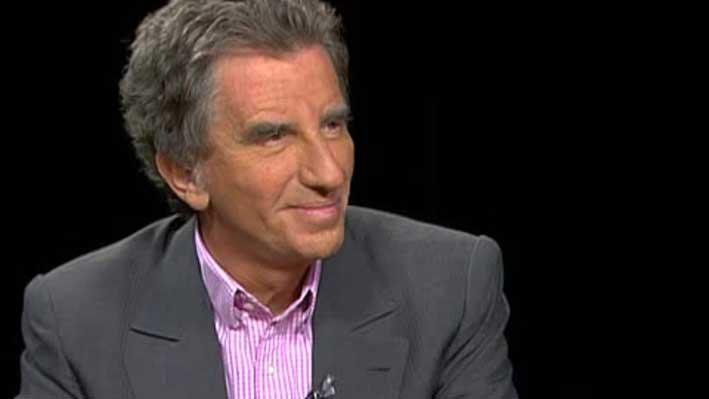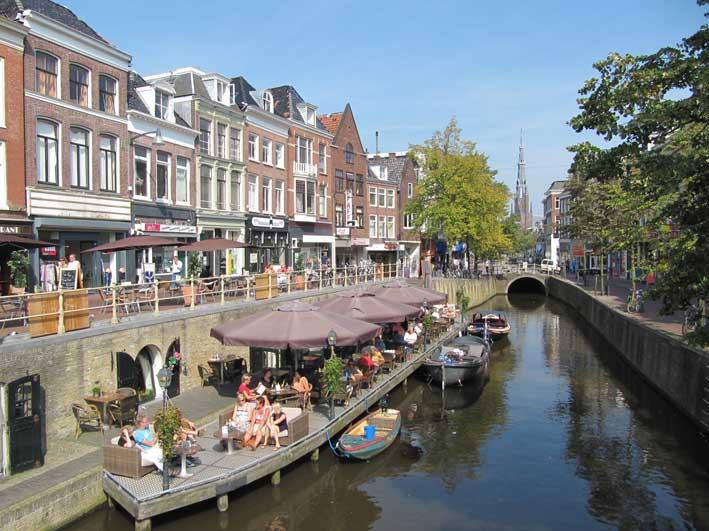Years of preparation have passed and Valletta is now a European Capital of Culture, But where, when and why did such a concept begin?
It was 33 years ago, in Greece, a country well known for its ancient cultural history, that the then minister for culture, Melina Mercouri, felt that culture was not being given the same importance as politics and economics; and that there should be a way to promote the different European cultures of member states.

Together with the French minister of culture, Jack Lang (above), she thought of a way to bring Europeans closer by concentrating on the history and values they shared, and celebrating the richness and diversity of their cultures with the annual designation of a City of Culture.
For one year the chosen city would organise cultural activities with a strong European aspect and vibe. The chosen city gets to embrace a pan-European experience while sharing its own rich culture and heritage with thousands of local and European visitors. During the year everyone can be part of the events, the social exchanges and the development of their city through international artists, performers, activities, exhibitions, concerts and just communicating with so many people on a local and international level.

The title is managed by the Commission of the European Union and over 50 European cities have held the honour up to now. The first, in 1985, was, unsurprisingly, Athens, Greece. Since then cities including Amsterdam, Florence, West Berlin, Dublin, Istanbul, Paris, Antwerp, Lisbon, Luxembourg, Copenhagen and Stockholm have qualified. In 1899, when Germany held the presidency of the European Union, the European City of Culture was renamed the European Capital of Culture.
At the start of the new millennium, in 2000, there were 10 Capitals of Culture spanning Europe from Reykjavík, in Iceland, to Santiago de Compostela, in the region of Galicia, Spain and taking in Bergen, in Norway, Prague, Brussels, Helsinki, Krakow, Avignon and Bologna.
Three cities in the United Kingdom have held the title: Glasgow, in 1990, Liverpool, in 208 and Hull, in 2017. But it has been suggested that no more UK cities will be considered following Britain's plans to withdraw from the European Union in 2019.
This year Malta's fellow Capital of Culture is Leeuwarden, in the Netherlands. And it is good to know that Valletta intends to forge links with its counterpart in an environment of exchange and collaboration with the Dutch city. There may not be many obvious similarities between the two cities but the collaborations will focus on the sharing aspects of culture and social life, One thing Malta and the Netherlands do have in common is their excellent potato crops. And the cultural project Poetry in Potato Bags, which builds on our long-standing links in agriculture and commerce, is one example. This initiative links the two countries and offers the artistic experience of exchanging and sharing of poetry from local poets working within each community, which certainly encourages a creative and cultural relationship.
From its introduction the concepts and realities of cities of culture have expanded. and become steadily more successful and beneficial for the citizens of Europe. Its cultural and socio-economic impact has grown, as have the benefits for the cities that take part and the thousands who enjoy and learn from the experience.